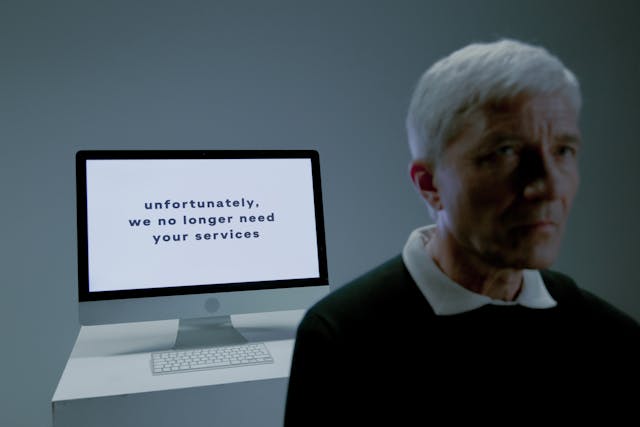Are You Impacted by Healthcare Job Layoffs?
In recent years, the healthcare industry has been marked by significant transformations, driven by technological advancements, evolving patient needs, and shifting economic landscapes. However, amidst this period of change, one recurring and distressing trend has been the occurrence of healthcare layoffs. These layoffs, often attributed to various factors such as financial constraints, organizational restructuring, or changes in healthcare policy, have profound implications not only for the affected individuals but also for the broader healthcare ecosystem.
A Wave of Layoffs
The healthcare industry in the United States is experiencing a significant wave of layoffs, resulting in tens of thousands of job losses, primarily aimed at bolstering profits. This trend is exacerbating the existing understaffing issues within the healthcare system. The layoffs are occurring across various sectors within healthcare, with notable cuts reported by major companies like Amazon. Despite the ongoing COVID-19 pandemic, federal funding for healthcare has been slashed, further intensifying the impact of these job cuts. The situation is particularly concerning as it undermines the basic right to healthcare and targets a crucial segment of the working class, including healthcare professionals who have been pushed out due to untenable working conditions. The layoffs are also accompanied by a series of financial struggles and restructuring efforts within healthcare institutions across different states, leading to a reduction in services and workforce. This profit-driven crisis reflects a deeper problem of prioritizing financial interests over public health needs, highlighting the urgent necessity for systemic change towards public ownership and democratic control of the healthcare system to ensure the provision of healthcare based on human need rather than profit.
Nurses and Doctors Mostly Safe
Despite the upheaval, there’s a reassuring aspect for frontline healthcare workers—nurses and doctors have mostly been spared from these layoffs, which have predominantly targeted managerial and administrative positions. This dichotomy underscores a tension within the industry: while layoffs surge, so does hiring, particularly in patient-facing roles. In fact, healthcare contributed significantly to US job growth in January, making up 20% of all new jobs. This growth primarily occurred in ambulatory healthcare and hospital settings, reflecting the ongoing demand for clinical roles amid an aging population and expanding healthcare needs.
New Opportunities for Healthcare Workers: Permanent and Temporary
If you’re a healthcare worker who has been impacted by job loss, remember that you’re not alone. Momentum understands the challenges you may be facing and wants to offer support. Whether you’re seeking temporary locum assignments or permanent positions, we have a wide range of opportunities available and are here to assist you in finding the right fit for your skills and experience. Don’t hesitate to reach out to us or search our job board. We’re committed to helping healthcare professionals like—nurse practitioners, physician assistants, dentists, physical therapists, radiologists– you navigate through uncertain times and thrive in your careers.
Sources:
Wsws.org
qz.org
openai.com











Recent Comments